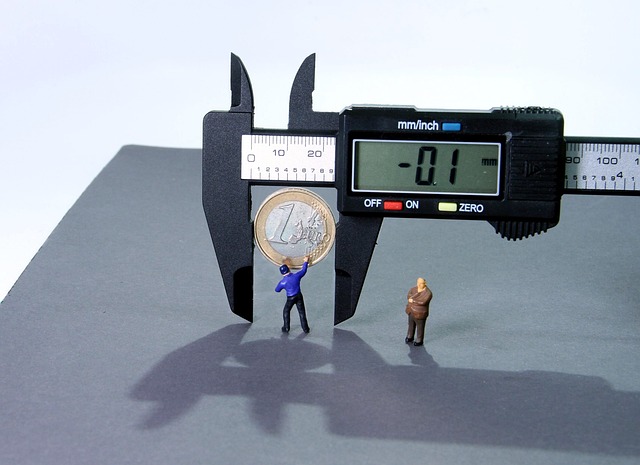Investors are usually in a bind: Either they choose a safe investment or a high return. Both together: does not work. However, scientists have now published a study that refutes this assumption.
Tenor of the Bonn scientists: Real estate has in the past 145 years, a better return than stocks – and the greatest possible security. Economics professor Moritz Schularick explains in the “ Süddeutsche Zeitung “: “The best investment you could make in the past 140 years from a risk-return perspective residential real estate. ”
Investors in real estate were able to make an average return of 8.7 percent. Stocks returned 7.8 percent. Other fixed assets such as bonds or a savings account performed significantly worse at 1.46 percent and 0.3 percent, respectively.
Real estate prices more stable
Economists are surprised to report that real estate returns were much less volatile than equities.
In a crisis, real estate is not sold as fast as stocks. Owners prefer to use their property themselves or rent it. That’s why prices remain stable.
The good development of real estate explains Schularick also with the rigid leases: “Rents are very stable in a recession in contrast to dividends.” Tenants prefer to restrict themselves in other areas, rather than move to a cheaper apartment.
A collapse in house prices would also cause major problems for a country’s banks, which is why governments often intervene to shore up the real estate market.
On the other hand, dividends, the biggest driver behind stock gains, simply fail in bad times. In addition, government incentives to buy real estate fuel demand.
But even a real estate investment can go completely wrong: depending on the country and era, the prices have stagnated again and again in the past 150 years – or even collapsed.
So what does that mean for the future? “As soon as real estate is bought more as an investment, prices could become more volatile,” says Schularick. He warns therefore of a property as a pure yield-enhancer.



